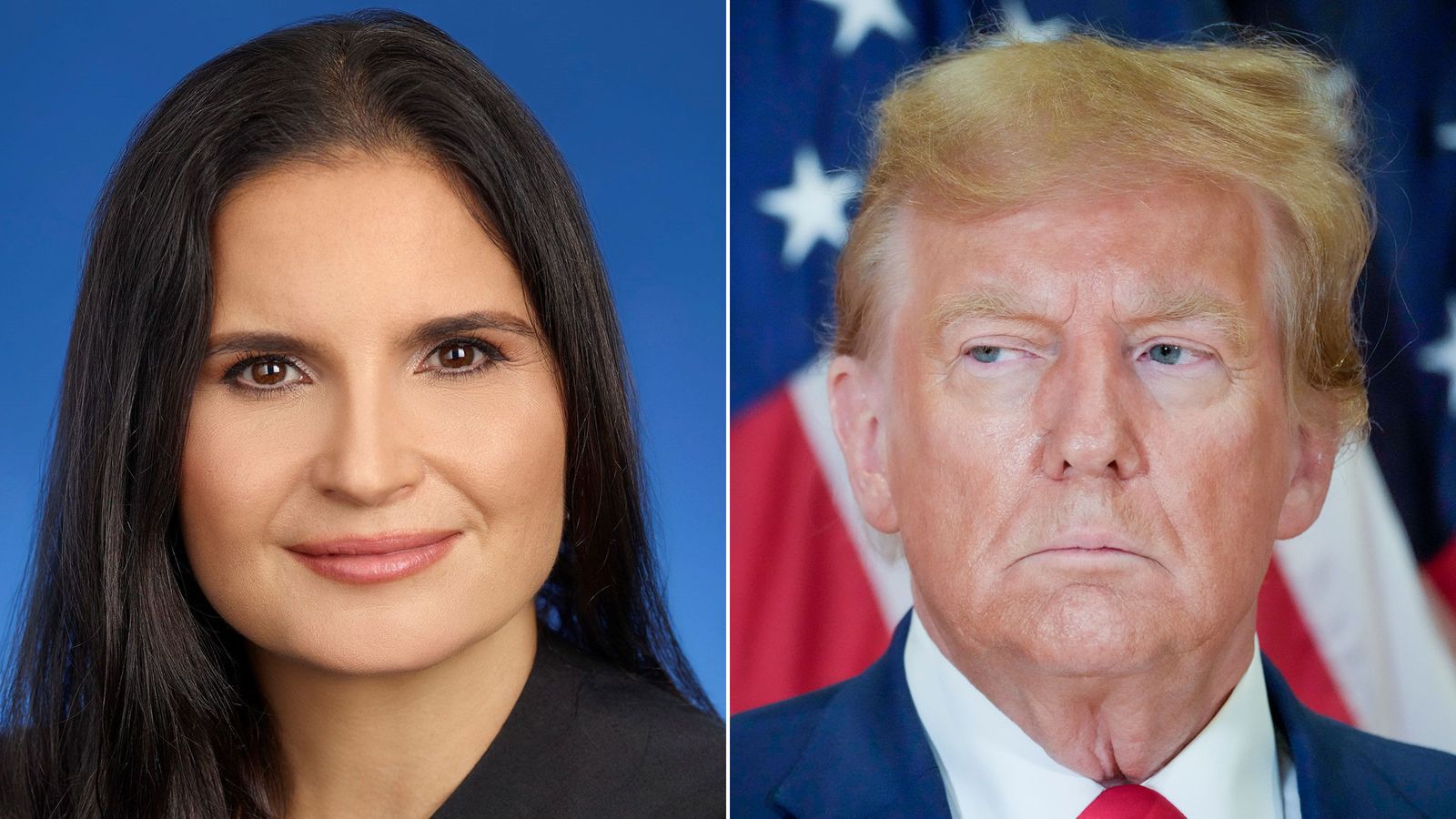In a significant development, US District Judge Aileen Cannon has declined to dismiss the charges against former President Donald Trump in the classified documents case. Trump’s defense had argued that he was entitled to retain classified or sensitive documents after his term in the White House.
The brief order issued by Judge Cannon on Thursday does not eliminate the possibility of Trump invoking the Presidential Records Act (PRA) in his defense at trial or in pre-trial proceedings. However, Cannon refrained from elaborating on her stance regarding Trump’s interpretation of the PRA.
In her order, Cannon stated that Trump’s legal team failed to meet the legal criteria necessary to dismiss the charges. She noted that the indictment against Trump made no mention of the PRA, and prosecutors did not depend on this statute to press charges.
Cannon also rejected special counsel Jack Smith’s request for a definitive ruling on the applicability of the theory at trial, a move that would allow prosecutors to appeal to the 11th Circuit. She described this request as “unprecedented and unjust.”
Smith’s request came after Cannon asked both parties to provide hypothetical jury instructions considering Trump’s assertions of extensive record-retention authority. Cannon justified this exercise in her order, stating it was a sincere attempt to comprehend the parties’ conflicting positions and the questions to be presented to the jury in this complex, unprecedented case.
The PRA, enacted post-Watergate, regulates the handling of records after an administration concludes, including the transfer of presidential records to the National Archives. Trump has contended that the law grants him the ultimate authority to determine which documents are his personal records that he can retain.
During a hearing last month, Cannon expressed skepticism over Trump’s claim of unlimited power to decide which documents should be returned to the Archives under the PRA. While she acknowledged that Trump’s lawyers presented some “forceful” arguments about the law’s scope that could be persuasive to a jury, she felt these arguments were premature at this stage of the case.
Prosecutors have consistently argued that the PRA is not relevant to the charges. Judge Cannon still has over a dozen outstanding motions to consider, including several other motions to dismiss the case.

